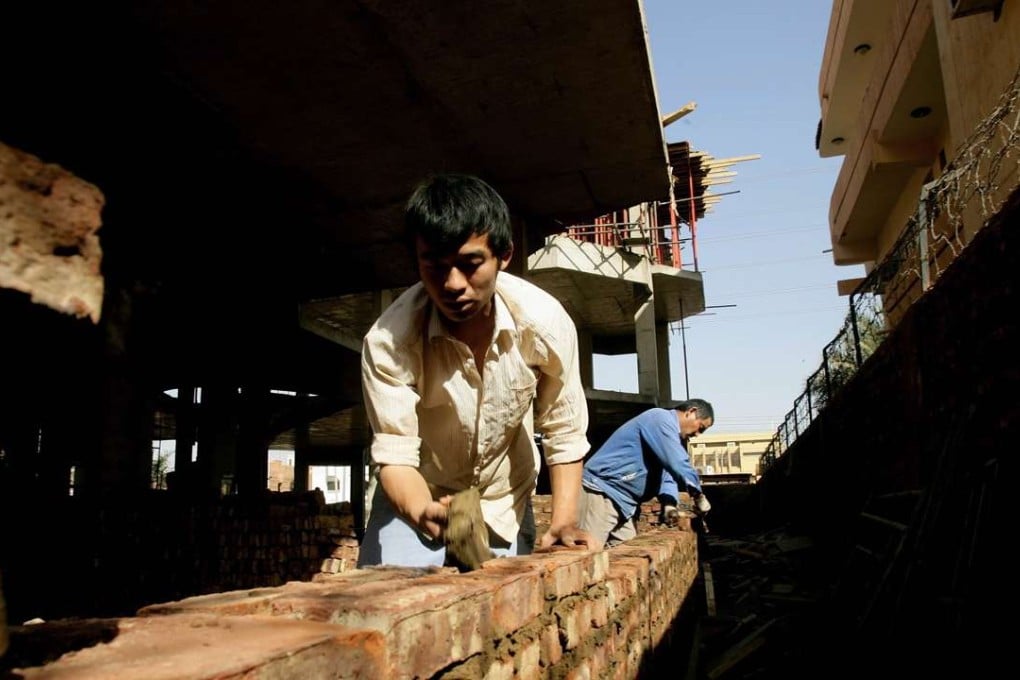Is China’s chequebook diplomacy sustainable long term?
Beijing’s outbound investment achieves political concessions, but comes with risks, warn experts

This week marks a climax of China’s chequebook diplomacy as it used its economic clout to achieve breakthroughs in relations with three countries, Norway, Mongolia and the small West African country Sao Tome and Principe.
However, continuing to gain political concessions through expanding outbound investment may not be sustainable, experts warned.
On Monday, China and Norway set aside their squabble over a Nobel Peace Prize awarded to prominent dissident Liu Xiaobo to restore full ties and restart free trade talks. The announcement followed a three-year dialogue to “rebuild trust”, the Norwegian government said.
On Tuesday, Mongolia agreed to no longer host the Dalai Lama, whom Beijing views as wanting to separate Tibet from China, while Sao Tome agreed to sever ties with Taiwan on the same day.

These victories are a result of Beijing’s increasing economic influence and may encourage China to make more use of “chequebook diplomacy.”